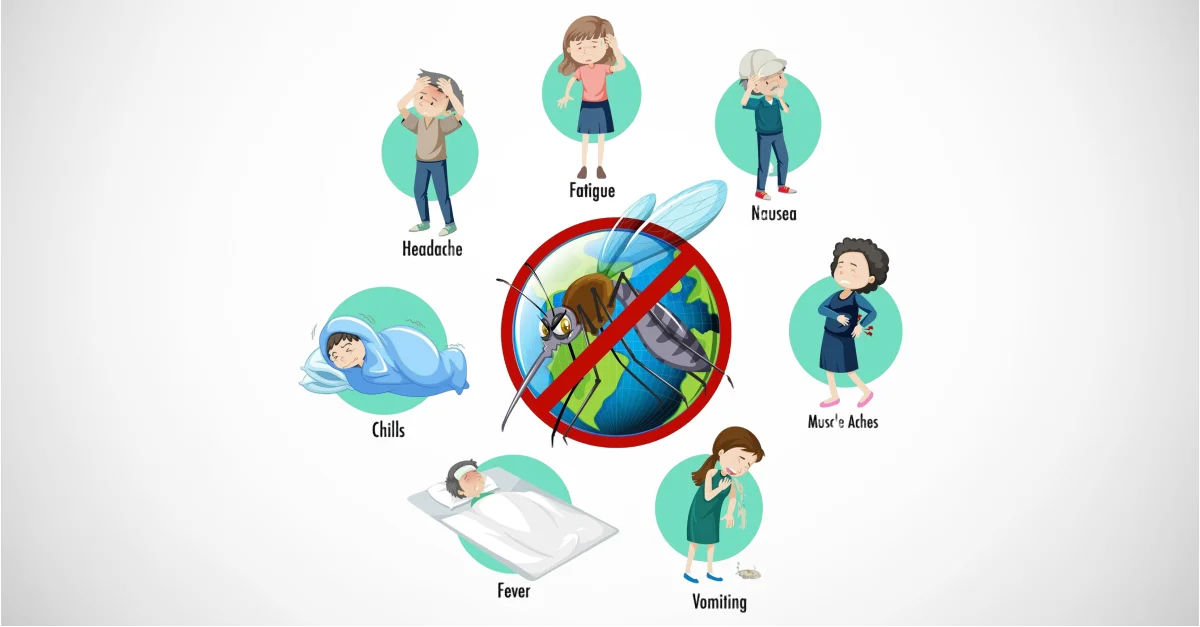HIV/AIDS have been the main health problems across the world for decades. Despite the impressive growth of scientific medicine and treatment, HIV/AIDS continue to claim millions of patients around the globe. There is no cure for HIV/AIDS nowadays, but early diagnosis and proper prevention help a person manage his/her disease and live as long and healthy a life as possible. In this blog, we are going to go through all the necessary tips to prevent HIV, manage the condition, and ensure better quality of life to those suffering from it.
HIV/AIDS Understanding
HIV is a virus attacking the immune system. It is usually focused on CD4 cells (T cells) which aid the body to fight infection. If not treated, over time, the viral damage is such that it leads to AIDS/AIDS . Once someone attains the AIDS level of illness, their immune system has become severely impaired such that opportunistic infections and a variety of cancers can gain an opportunity to develop as it cannot resist them in that condition.
Prevention Tips on HIV/AIDS
- Practice Safe Sex
One of the most effective ways to prevent HIV is through safer sex practices. This includes:- Using condoms consistently and correctly during vaginal, anal, and oral sex.
- Regular testing for sexually transmitted infections (STIs) and HIV, especially if you have multiple partners or engage in high-risk activities.
- Limiting the number of sexual partners, which reduces exposure to HIV.
- Using PrEP (pre-exposure prophylaxis) for individuals at high risk of HIV. PrEP is a daily pill that, when taken consistently, reduces the risk of contracting HIV.
- Get Tested Regularly
Regular HIV testing is crucial for early detection. Many people with HIV/AIDS may not experience noticeable symptoms for years, but they can still transmit the virus. Early diagnosis leads to early treatment, which can help manage the disease more effectively and reduce the risk of transmission to others. The Centers for Disease Control and Prevention (CDC) recommends HIV testing at least once a year for sexually active individuals. - Avoid Sharing Needles
HIV can also be transmitted through the sharing of needles, syringes, or other drug-injection equipment. If you inject drugs, it is essential to use only clean, sterile needles and never share them with others. Many local organizations offer clean needle exchange programs to reduce the spread of HIV among individuals who inject drugs. - Ensure Safe Blood Transfusions
HIV can be transmitted through contaminated blood products. In many countries, blood donations are carefully screened for HIV and other infections, but it is still important to ensure that any blood products you receive are from a trusted source. - Be Aware of Mother-to-Child Transmission
HIV can be passed from an infected mother to her baby during pregnancy, childbirth, or breastfeeding. However, with proper medical treatment, the risk of mother-to-child transmission can be greatly reduced. Pregnant women who are HIV-positive should work closely with their healthcare provider to manage the condition and prevent passing the virus to their baby.
Management of HIV/AIDS
- Adhere to Antiretroviral Therapy (ART)
While there is no cure for HIV/AIDS , antiretroviral therapy (ART) has revolutionized the management of the virus. ART involves taking a combination of HIV medicines that stop the virus from replicating and reduce its ability to damage the immune system. When taken consistently, ART can lower the viral load to undetectable levels, meaning the virus is not transmissible to partners (undetectable = untransmittable, or U=U). It is essential for individuals living with HIV/AIDS to follow their ART regimen as prescribed to achieve the best possible health outcomes. - Regular Medical Checkups
People living with HIV should have regular checkups with their healthcare provider to monitor their viral load and CD4 count, which indicates the strength of their immune system. These tests help doctors assess how well the treatment is working and if any adjustments are needed. It is also important to monitor for potential side effects of medications and to address any other health concerns that may arise. - Maintain a Healthy Lifestyle
A healthy lifestyle plays a crucial role in managing HIV. This includes:- Eating a balanced diet rich in fruits, vegetables, and whole grains.
- Staying physically active, as exercise can help strengthen the immune system and improve overall well-being.
- Avoiding smoking, excessive alcohol consumption, and recreational drug use, which can weaken the immune system and increase the risk of other infections and complications.
- Getting enough sleep to allow the body to recover and regenerate.
- Mental Health Support
Coping with the emotional and psychological impact of living with HIV can be challenging. Depression, anxiety, and stigma are common experiences for people living with HIV. It’s important to seek mental health support through therapy, counseling, or support groups. Connecting with others who understand the experience can help reduce feelings of isolation and promote emotional well-being. - Stay Educated and Advocate for Yourself
The medical field is continuously advancing in terms of HIV treatment and prevention. Stay informed about the latest research, treatment options, and potential breakthroughs. Advocate for your own health by asking questions, seeking second opinions, and making sure you understand your treatment plan. Additionally, educating others about HIV can help reduce stigma and encourage more people to get tested and seek care.
Conclusion
As much as the challenge of HIV/AIDS still exists in most global health communities, people are now living long and healthy lives because of advancement in treatment and prevention of the condition. Prevention tips and management through antiretroviral therapy enable individual hosts to lead good quality lives and minimize transmission risks to others as much as possible. There’s a constant need to raise awareness to break the stigma, ensure proper healthcare accessibility to all affected by HIV/AIDS , and much more. You can consult with a healthcare provider if you are at risk or have HIV infection to discuss what you can do to care for your health and live with the virus successfully.






